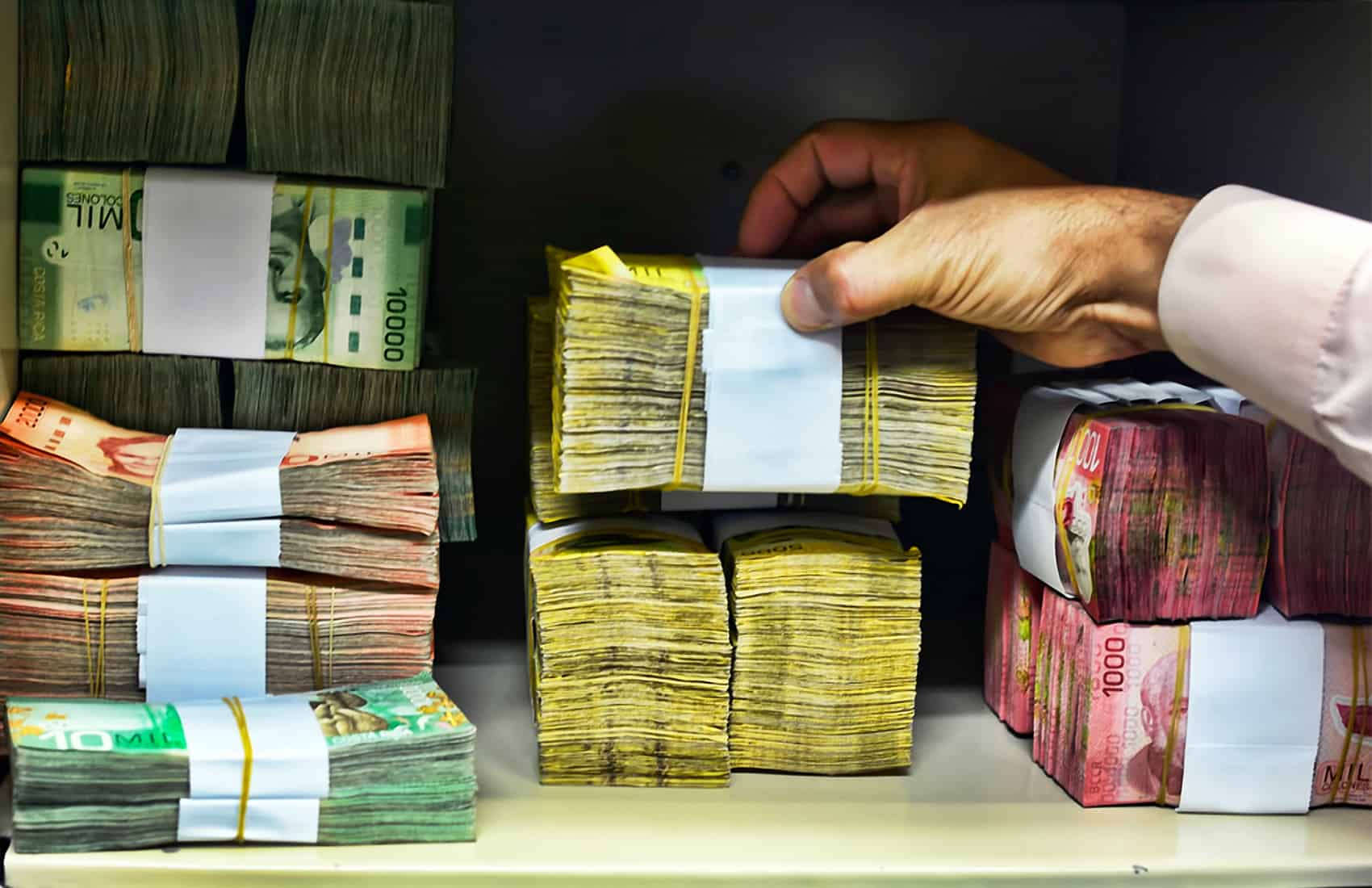The Executive Branch summed 36 bills to the floor of the Legislative Assembly for debate, including three that relate to Costa Rica’s negotiations with the International Monetary Fund (IMF).
The 36 bills “focus on contributing to the national effort for the economic reactivation, territorial or local development and macroeconomic stability of the country,” according to a statement from Casa Presidencial.
The three initiatives that were part of the dialogue with the IMF and will be presented to the Legislative Assembly for debate are as follows:
- File N ° 22,382: Tax on luxury properties for residential, occasional or recreational use.
- File No. 22,383: Global Dual Income.
- File No. 22,384: Solidarity and Temporary Contribution Law on the Utility of Public Companies to the Costa Rican People for Fiscal Adjustment.
“The initiatives presented contribute to the joint work to stabilize the country’s economy, strengthen public finances and have the resources for essential programs of the population,” the Minister of the Presidency said in a statement.
When a country borrows through the IMF’s Extended Fund Facility (EFF), as Costa Rica is doing, it “commits to undertake policies to overcome economic and structural problems,” according to the financial entity.
Luxury properties tax
Luxury homes would pay an annual 0.5% tax. This tax would impact all luxury properties for housing, occasional or recreational use, whose value is equal to or greater than ¢150 million (that is, about $250,000, or the equivalent of 325 basic salaries for each year).
The bill says the money collected would be used to finance public programs.
The Directorate General of Taxation of the Ministry of Finance would be responsible for the collection, collection, administration and control of this tax, whose fiscal period will be annual, and whose payment must be made during the first 15 days of February of each year.
More information via the Finance Ministry.
Global dual income
This would impact Costa Rican taxpayers who earn more than 8.2 million colones per year (about $13,400). The Finance Ministry says this exempts about 70% of Costa Rican workers.
Under the bill, all earnings would be reported via a single tax filing. Depending on the amount, it would be taxed between 10 and 27.5%.
According to El Financiero, the project also contemplates the following:
“When you have income abroad, it will be taxed the the moment you repatriate it [to Costa Rica],” tax expert Priscilla Piedra told the publication.
For example, if a person has a house outside Costa Rica and sells it, when that income is brought into the country, it would be taxed. Another example, El Financiero says, would be that if a pensioner from the United States comes to the country and receives his pension, it would be taxed.
CRHoy, citing legal experts, indicated that the project establishes an expanded territoriality for taxation.
“Incomes generates outside the country will begin to be taxed when they are repatriated,” Randall Madriz, tax partner at Deloitte, told the publication.
Update (6:30 p.m. on Jan 16.): Outlier Legal published an excellent English-language summary of the project, concluding that foreigners who can prove they are tax residents of a different country would be exempt under the bill’s current form. Click here to read their full analysis.
Temporary contribution law
Fourteen public Costa Rican companies would contribute up to 30% of their profits as a “temporary and extraordinary measure” to contribute to the sustainability of public finances.






